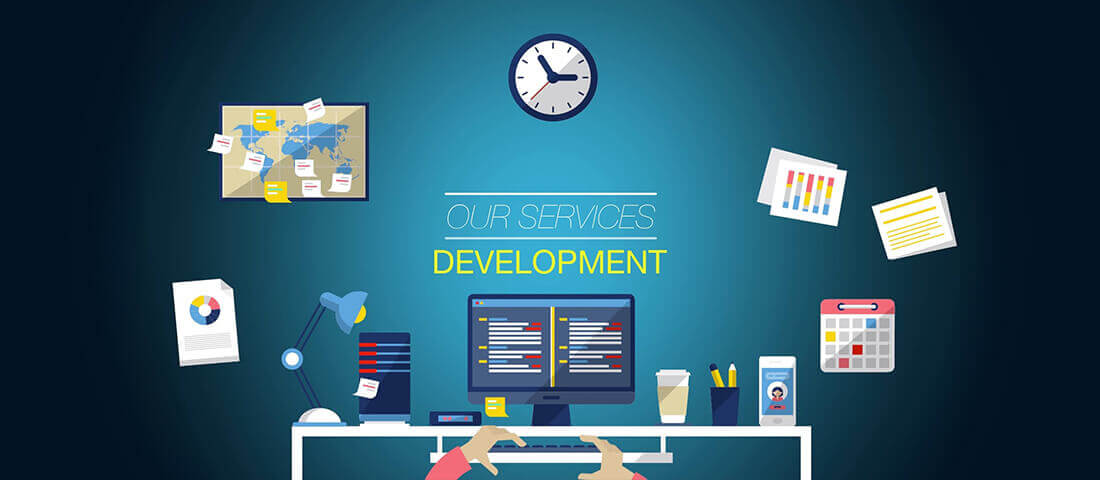So you’ve decided to take the leap and acquire software for your business. The next question you should be asking yourself if: Should you invest in custom software or go with commercial?
Here are 4 points that will help you make your “buy vs. build” decision.
1. Does your business have a set number of users?
Although, cuѕtоm software may cost more upfront, in the long run, it will be the most cost-effective solution. Many licensed software companies charge a per user fee. This works out great if you have only a handful of users and expect that to be the case for several years to come. However, if your business has a large number of users or are expecting to grow significantly, the fees you’ll pay over a few years will cost you more over time. Some proprietary software also have ranging fees depending on the user role. With custom software you can incorporate all user roles up front, while assigning an admin to customize as many users as your business needs.
2. Does your business have specialized needs?
If your business has specialized needs that cannot be accurately met by out-of-the-box software then you should go with a customized solution. Trying to fit your business’ day-to-day processes into a fixed software solution will lead to inefficiencies that will stall your business’s growth. Through реrѕоnаlіzеd аррlісаtіоnѕ, a соmраnу gains ѕtер-bу-ѕtер соntrоl оvеr thе dеvеlорmеnt рrосеѕѕ. Thіѕ mеаnѕ thаt you can mаkе any important сhаngеѕ or аdd еѕѕеntіаl соmроnеntѕ durіng dеvеlорmеnt phase.

3. Does your business rely on accessing multiple applications?
If you rely on accessing two or more software applications to run your business, off-the-shelf may not work for you. The majority of proprietary solutions are not compatible with other programs so you’ll need to constantly work with multiple applications to get full and accurate information. An example of a business accessible multiple applications would be a business that has a membership database and a separate meeting registration database. Not having centralized information can affect data integrity which will in turn affect any queries and reporting you may be doing, resulting in incorrect business decisions.
4. Do you expect your business to grow by 50% in the next few years?
Especially for a startup, starting with packaged software may look like a smarter, more economical choice even if not all the features you need or want are readily available. After all, a low upfront cost and a minimal monthly subscription fee may work best with your limited budget. You may even be able to get away with using an inadequate software for your business for a few years, but eventually it will catch up to your growing business. As your business evolves, the inadequacies you were once ok finding workarounds for will become more pronounced and more challenging to handle. You might find yourself having to manually track information outside your application in order for your information to correlate. An example is tracking information with an excel sheet aside from the software you’re currently using. Not only does this become a hassle, it’s inefficient and your queries may not reflect actual information for when you need critical business decisions. Custom software is scalable meaning that it’s designed to handle modifications, enhancements and additions to accommodate your business’s growth. A growing business doesn’t have the time to deal with software transition downtime, which can vary from weeks to months, depending on the complexity of the software.
We hope these 4 points will help guide you towards the decision that best fits your business strategy and goals. Packaged software may work for some but not for all. If your business meets any of the points listed above, contact us and we’ll work with you on designing the best software to meet your needs.
What would you like SunNet Solutions to build for your business?
Submit a request at the left hand side of this page to get started today.
Contact us if you have any questions.